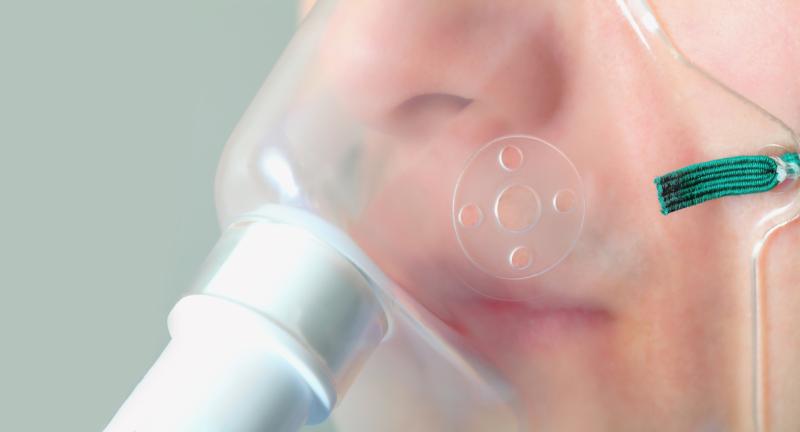
For COVID-19 patients under home quarantine, administering nocturnal oxygen therapy at the early stage of the disease may prevent its worsening by inhibiting the rapid replication of the virus and improving the patients’ antiviral ability, according to a team of researchers.
Given the absence of an effective antiviral therapy or immune-based treatments for COVID-19, effective and safe interventions to prevent transition from mild to severe are urgently needed. In their paper, researchers reviewed relevant literature and available clinical patient data and proposed that nocturnal oxygen therapy be considered an option for home quarantined patients with mild infection for several reasons.
First is that oxygen supplementation could disrupt the virus replication. The development of COVID-19 might be described as a process of gradual hypoxia, and hypoxia-inducible factor 1α (HIF-1α) has been reported to play a pivotal role in promoting virus replication, the researchers said.
According to indirect evidence, supplemental oxygen could reduce the HIF-1α expression in virus-infected cells. Indeed, in a previous study, HIF-1α expression in the kidney significantly decreased after exposure to high oxygen concentrations in vivo. In another study, hyperoxic breathing of 60-percent oxygen markedly down-regulated HIF-1α expression in tumour cells and inhibited tumour growth compared with breathing of 20-percent oxygen. [Cell Mol Life Sci 2003;60:1376-1393; PLoS One 2013;8:e82421; Adv Sci 2019;6:1901278]
Aside from inhibiting viral reproduction, oxygen therapy could also improve antiviral immune response. Previous reports demonstrated that the lactate aggregation due to glycolysis or by increased lactate dehydrogenase (LDH) might be a potential mechanism underlying the virus’ ability to supress the production of interferon, a major component of innate immunity in humans. Oxygen could influence not only the activation of HIF-1α but also the reduction of glycolysis. In addition, it could decrease the accumulation of lactate by accelerating its degradation. [Cell Host Microbe 2016;19:139-141; Cell 2019;178:176-189.e15]
Therefore, early oxygen supplementation in COVID-19 patients should help release interferon and activate antiviral immune response, the researchers said.
An oxygen-rich environment, meanwhile, might downregulate the increased expression of angiotensin-converting enzyme 2—the receptor that allows the SARS-CoV-2 virus to infect and destroy cells—caused by hypoxia. Oxygen supplementation could increase partial pressure of oxygen in arterial blood and improve tissue oxygenation and hence reduce the invasion of virus. [Clin Sci 2014;126:507-516; J Cell Physiol 2019;234:20420-32041; Vet Clin North Am Small Anim Pract 2002;32:1005-1020]
Finally, given that the production of pro-inflammatory cytokines peak at night and early morning, the reduction of nocturnal pathogen exposure or replication is expected to inhibit the production of inflammatory factors, according to the researchers.